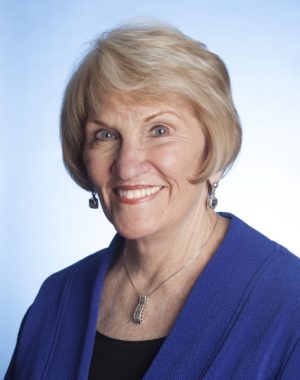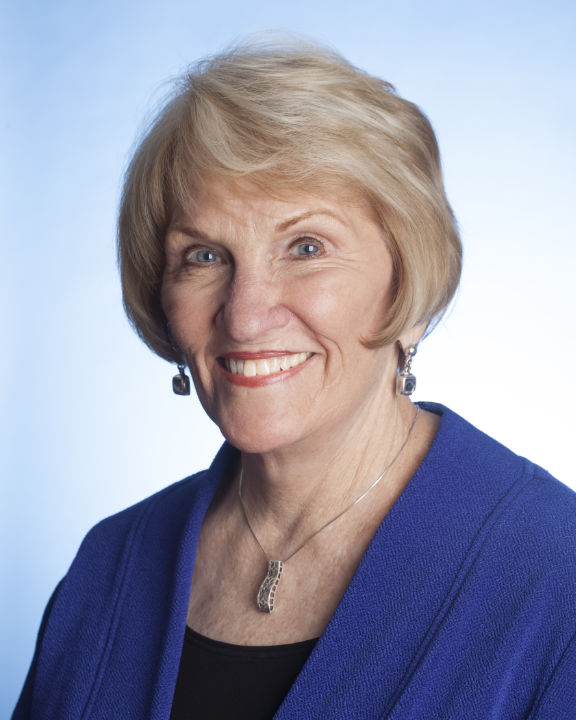. . . and why, I wonder, is there an -essay with this title in the Wall Street Journal? (3/31/16, Journal Report, Encore Feature, page R8). One reason, I imagine, is that it was very close to Easter (March 27), and rather than having a more religious article about the Easter-related theme, this essay by WSJ contributor, Diane Cole, deals with the importance of forgiveness as a matter of mental and physical health, if nothing else. As I read on, it occurred to me this was also a theme appropriate for The Opening Bell, since it falls under the rubric of our firm’s philosophy, Making a Good Life Happen®. It’s hard to imagine anyone having a very good life if they are filled with anger, blame or resentment. I regret not being able to reproduce here the illustration that accompanies the article: a defeated person, head downward, carry-ing a load of heavy stones in a sack on his over-burdened back.
I went to sleep soon after writing the paragraph you have just read. I didn’t know what I was going to say next, but during the night I had an interesting dream: I was standing in front of a room full of about 60 people who had gathered there to hear my talk on the theme of forgiveness. It was one of those dreams about unpreparedness in which I realized I had not yet written the talk and in only a few minutes it would be time for me to deliver it. Instantly the idea shot into my head that instead of me talking about forgiveness, I would do a brief introduction to the theme and then pass the mic to anyone who had a story to tell either about someone they had been able to forgive for a transgression, or a story about having been forgiven by someone else for a personal transgression. I had a restful night’s sleep after settling that.
The Colonel’s Story
When I awoke on Saturday morning, April 12, I turned on NPR as usual, where I would listen to Weekend Edition. As if on que, there was a story in progress about forgiveness. It’s a story that began toward the very end of the Gulf War in 1991. Army Specialist Andy Alaniz, who was only 20 years old at the time, was one of 35 Americans killed by friendly fire in Iraq just hours before President George H.W. Bush brought the entire conflict to an end. He was survived by his wife, Catherine Alaniz-Simonds, who was 19 years old at the time and six months pregnant with their first child.
Recently, to mark the 25th anniversary of the ending of the Gulf War, Alaniz-Simonds arranged a meeting between herself and Col. David Taylor, the officer in charge of the troops responsible for the “friendly fire” that resulted in the death of her husband, Army Specialist Andy Alaniz. StoryCorps, a non-profit organization that helps facilitate such conversations, records them, and ultimately houses the recordings in the Library of Congress. If you have listened to StoryCorp episodes on NPR, you will know that they often deal with meaningful reunions and positive outcomes. (To listen to this particular story in full, Google: NPR, Morning Edition, Saturday, April 9, 2016. For more about StoryCorp, go to StoryCorp.com.)
Their Conversation
This is where I pass the mic to Col. Taylor and Catherine Alaniz-Simonds: The interview begins with Col. Taylor, through his own tears, talking about the daily load of guilt he has carried for the past 25 years over the death of Andy Alaniz, how he has been consumed with the thought that this death could have been prevented, and that he (the colonel) was responsible. Catherine Alaniz-Simonds, the widow, is then heard to say, through her own tears, that she knows her husband would not have wanted Taylor to suffer in this way; that was not the kind of person her husband was. The reason she had to urge this meeting was that she wanted Col. Taylor to be able to move on, and she wanted this story recorded, because what she feared most was that in time, no one but she would remember her husband. He would be completely forgotten, a thought she couldn’t stand. Col. Taylor assures her that will never happen now, and that while he dreaded this meeting, he now realizes that her forgiveness has made him whole again, and that he will be able to live more fully.
Now, through my own tears, I experience a heaviness lifting from me. In a dream after hearing the colonel’s story, I kiss the cheek of someone I have yet to forgive . . . and now I will find a way.
As Diane Cole says in the subtitle of her essay, “Things we’ve done — and things done to us — carry tremendous weight. Let them go.” Easier said than done, obviously, but definitely doable, and worth it on every level.
Our dear Bonnie Bonetti-Bell was the force behind our Career/Life Coaching services, until her passing in 2019. As a principal of our firm, Bonnie had an innate talent for seeing the best in people. Moreover, she helped others see the best in themselves. Bonnie is fondly remembered and deeply missed.


